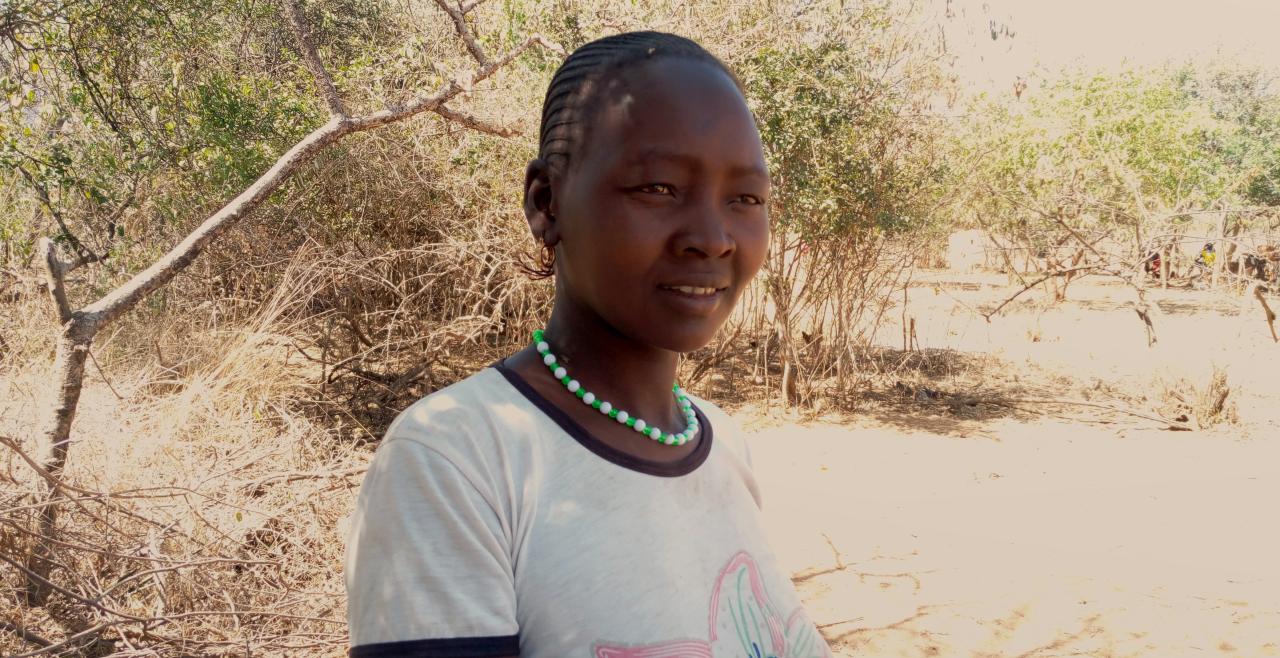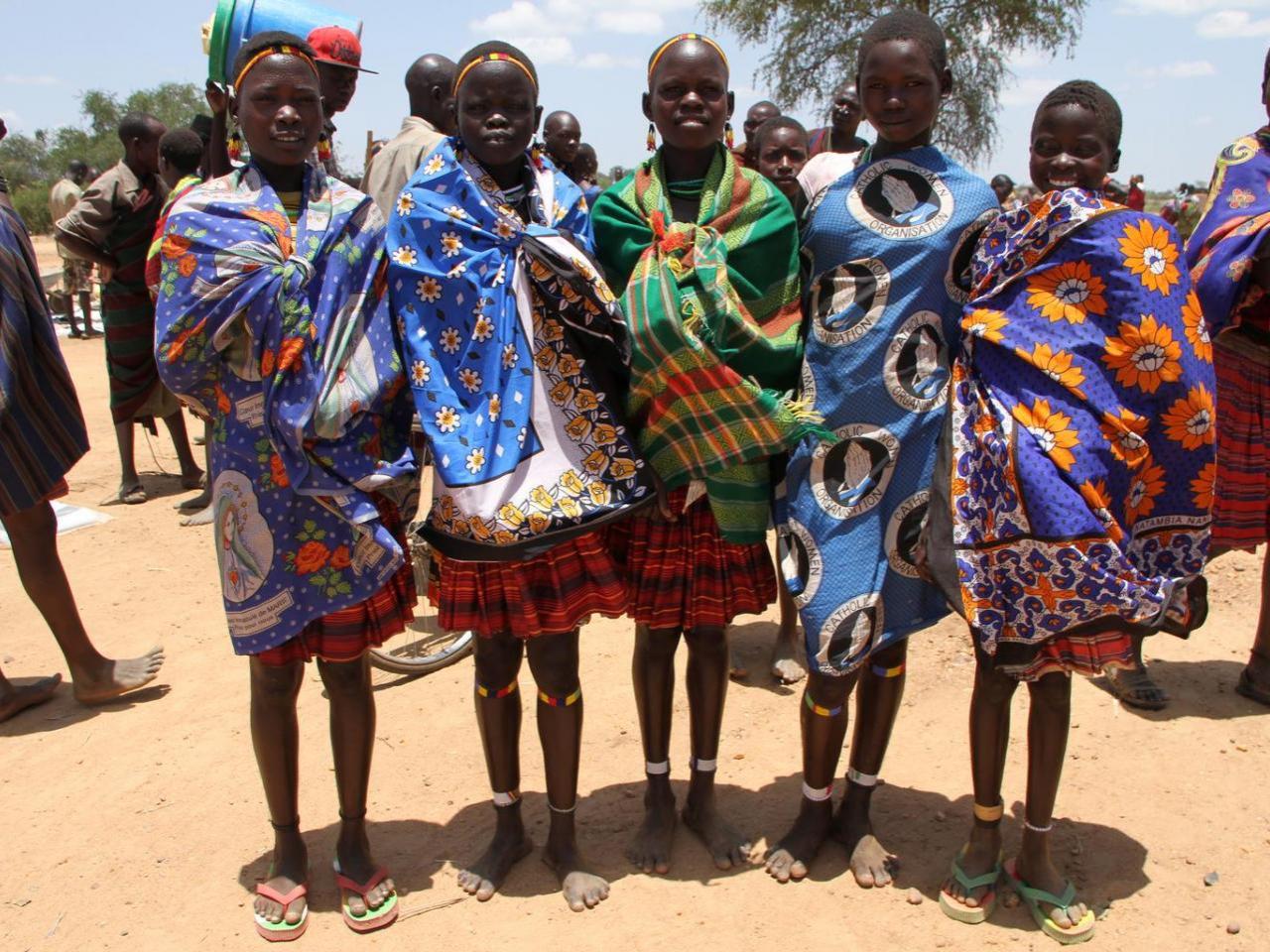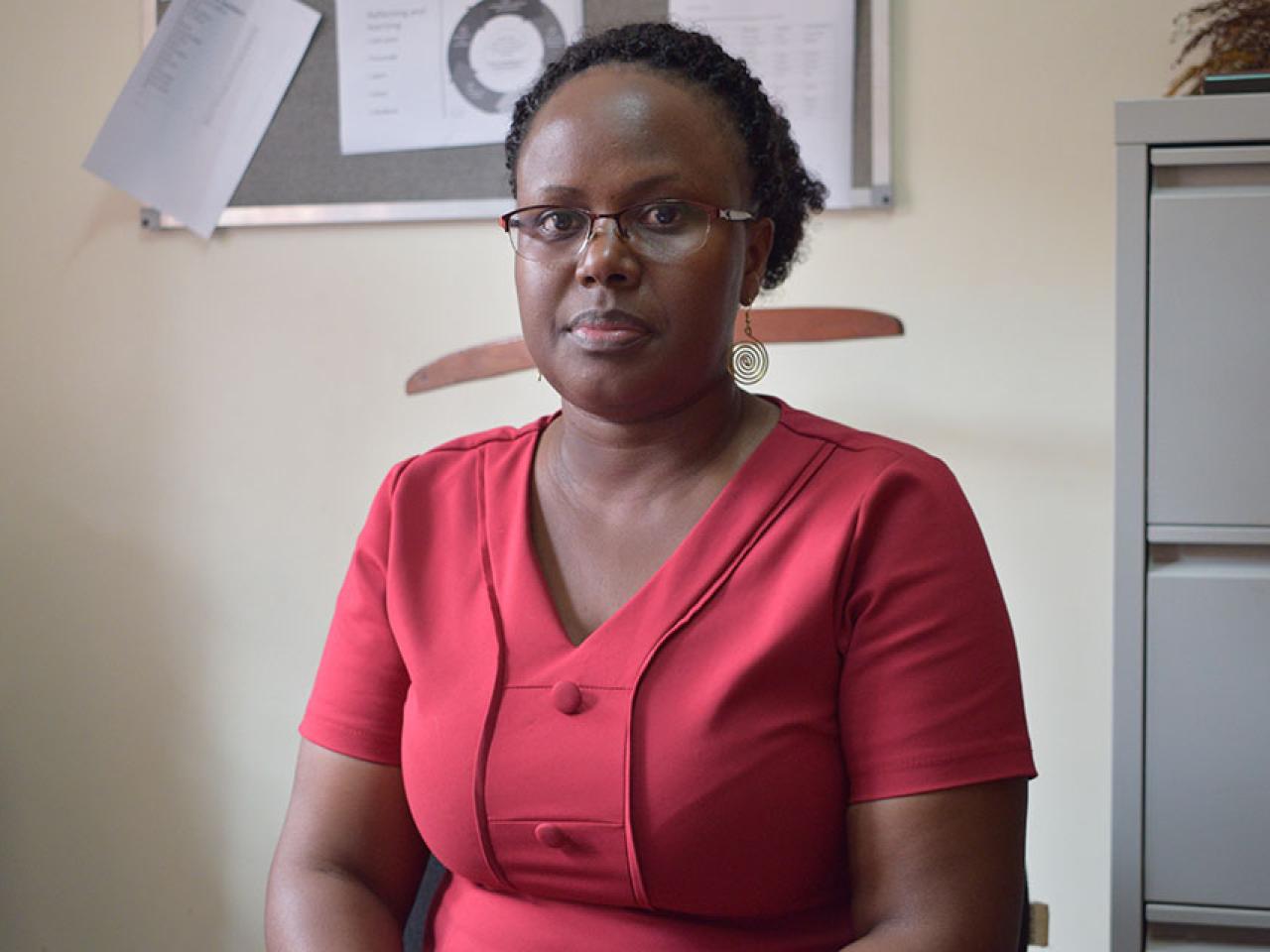'My daughters will never undergo FGM' - Survivors are leading the push to end female genital mutilation

AMUDAT DISTRICT, Uganda - Margaret Chepoteltel, 38, comes from Lochengenge village in Lochengenge Parish, Amudat Town Council in the Amudat district of Eastern Uganda. Like many women in this part of Uganda, she underwent female genital mutilation (FGM) while she was still a child, a process that involves cutting part of the female genitalia. The practice, which is said to ensure virginity before marriage and fidelity afterward, is almost universal among the Pokot community, with 95 per cent of Pokot women undergoing the procedure.
Ms. Chepoteltel was 13 when she underwent FGM and had been looking forward to the rite of passage. Unaware that the procedure could cause lifelong health problems, she believed FGM would pronounce her ready for marriage and she could fulfil her parents’ wish for cattle, as a “cut” woman fetches a larger dowry than an “uncut” woman. Indeed, two years after undergoing FGM, she was married off and went to live with her husband’s family.
“I curse the practice of FGM and I don’t want any daughter of mine to go through this process that almost claimed my life." - Margaret Chepoteltel, activist
“After two years of marriage, I got pregnant but faced a problem while giving birth,” says Ms. Chepoteltel. “The hospital was far away from where we used to stay. The baby couldn’t pass through, [and] the birth attendant had to cut my private parts in order to allow the child to pass,” she says. “I was on the verge of death as the long distance to the health facility had weakened me... I had never felt so much pain in my entire life. I was bleeding badly, and this was coupled with the labour pains. I was lucky because somehow I stayed alive, but I eventually lost my baby.”
It wasn’t until Ms. Chepoteltel was approached by the Communication for Development Foundation Uganda (CDFU) to attend a meeting on FGM that she realized many of her health issues, including birth complications, were linked to cutting. Now a mother to two daughters, aged 7 and 8, she says she will never let the same thing happen to them.
“Every time I see them, I imagine them going through what I went through and my heart contracts,” she says. “I curse the practice of FGM and I don’t want any daughter of mine to go through this process that almost claimed my life. I now talk to them about the dangers [of FGM]. I vow never to allow my daughters to undergo female genital mutilation.”
"We will continue to tell mothers, fathers and the girls themselves about the dangers of FGM, and to discourage cutting. We will not give up.” - Ms. Chepoteltel
After receiving community engagement training, she now advocates in her village for zero tolerance for FGM as part of CDFU’s “Make Happiness Not Violence” campaign, which is being supported by Spotlight Initiative and UN Women.
Though she initially feared community reprisals for speaking out, she now feels empowered to share her knowledge and help end FGM for good.
“Now that we have a platform I will continue sensitizing [communities to FGM] and testifying against female genital mutilation, even to men, because I know the dangers,” says Ms. Chepoteltel. “If I keep quiet, our daughters will go through a lot of pain and suffering… We will continue to tell mothers, fathers and the girls themselves about the dangers of FGM, and to discourage cutting. We will not give up.”
By John Bosco Mukura and Anne Gamurorwa with reporting by Eva Sibanda.
UN Women supports CDFU as an Implementing Partner to end violence against women and girls in Uganda. Supported campaigns use media and community mobilization approaches, including the SASA! Together approach to mobilize individuals, communities and institutions to promote positive change social norms, attitudes and practices and discourage harmful practices.


